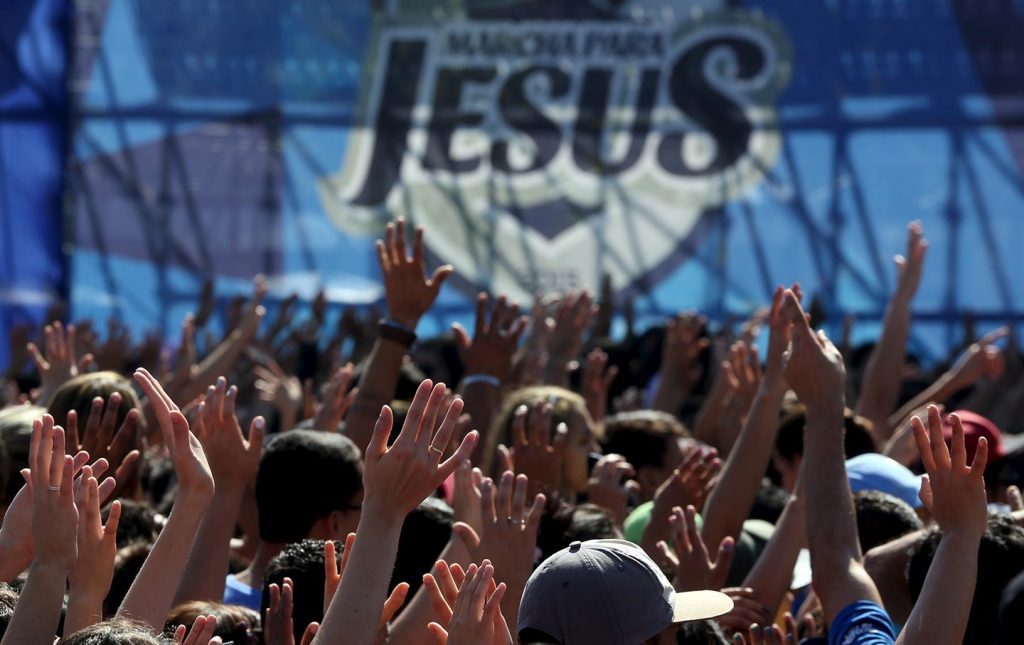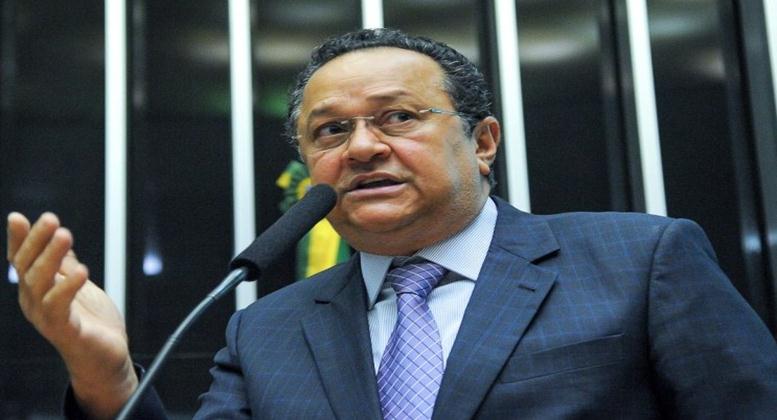RIO DE JANEIRO, BRAZIL – The evangelical benches in Congress will try to ensure full fiscal immunity for churches in the tax reform. The congressional front representing the segment – comprising some 200 deputies and senators – has a text ready to be included in the proposed amendment to the Constitution (PEC) that deals with changes in the country’s tax model.
“We want to establish the scope of fiscal immunity, which is now provided for in the Constitution, but it is very vague,” said the president of the Evangelical Parliamentary Front in Congress, Deputy Silas Câmara.

“We will ask the rapporteur to determine the scope within the text and end the confusion of what is or is not the right and duty of the religious segment in the country”. Although the evangelical bench is the author of the amendment, other religious institutions, such as the Catholic Church, may also benefit.
Tax reform is one of the economic guidelines that will be addressed as a priority by the legislature in 2020. However, it is unclear which proposal should be voted on first. Two PECs, one in the Chamber and the other in the Senate, are being processed in parallel. A joint committee will be created to try to reach a consensus.
The Constitution forbids the collection of taxes from “temples of any religion”. Governments in different areas, however, have found loopholes to collect taxes such as the IPTU (Property and Urban Territorial Tax), and the ICMS (Tax on the Circulation of Goods and Services) from churches.
This may occur, for instance, when the temple operates in a rented property or when the institution owns other facilities, such as a house for the pastor or an event hall, among others. Therefore, the intention of the congressional bench is to change the law to ensure exemption of the entire institution complex, and not only the temple.
The mayor of São Paulo, Bruno Covas, and the governor of Rio, Wilson Witzel, recently sanctioned laws extending tax immunity to religious institutions after appeals from the evangelical wing.
In the capital of São Paulo, churches will be allowed to apply for IPTU exemption online starting this month. This attends to those who use rented property. In Rio, Witzel sanctioned a law last week that ends any tax collection from temples by the state and the municipalities of Rio de Janeiro.

In the case of the ICMS, the total exemption intended by the bench may be applied to utility bills, such as electricity and phones.
An amendment along the same lines had already been submitted by the bench to the committee that began discussing the tax reform in the Chamber. According to the text, immunity would be guaranteed for taxes on property, income, assets, remittance of funds to missionaries abroad and remuneration of pastors.
The bench’s amendment also ensures exemption from social security charges for social assistance organizations, typically linked to churches, removing from the Constitution the requirement to meet “the demands established by law”.
In late 2019, Congress passed the extension of tax benefits for churches and social assistance organizations until 2032. The proposal dealt with exemptions linked to the ICMS, which had expired on December 31st, 2018. Now, the bench intends to make these benefits permanent, without further votes being required to extend them.
Government wings in opposition to the subsidy
The Estado newspaper revealed in January that President Jair Bolsonaro intended to provide a subsidy on the electricity bill for large religious temples. At his request, a bill was drafted by the Ministry of Mines and Energy and forwarded to the Ministry of Economy.
Although the initiative was intended to benefit religious temples in general, the evangelicals were the target of the proposal. This branch is the government’s main base of support and Bolsonaro has been meeting its demands since he became President.
The coordination for the subsidy to churches, however, caused great tension in the government. The economic team rejected the measure, which runs counter to Minister Paulo Guedes’ agenda. Bolsonaro, then, gave up. “The economic policy is not to grant more subsidies. I talked to them (representatives of the evangelical benches) that any negotiation in this regard is suspended,” said the President.

